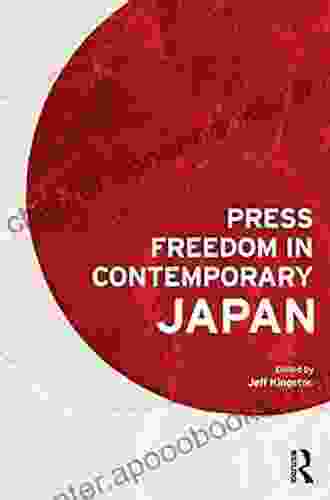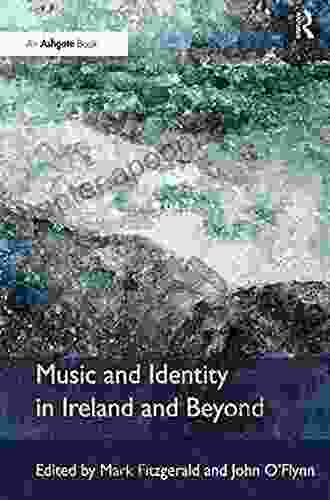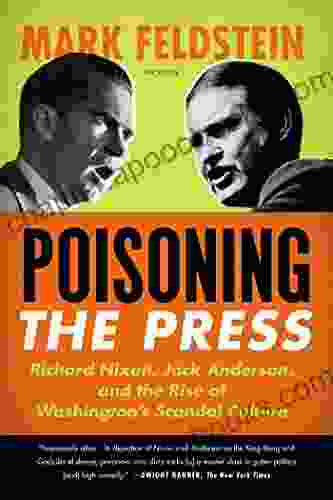Unveiling Press Freedom in Modern Japan: A Comprehensive Guide

In an era where access to information and the free exchange of ideas are paramount, press freedom stands as a cornerstone of any democratic society. This comprehensive analysis delves into the intricate landscape of press freedom in contemporary Japan, uncovering the factors that shape the media environment and exploring the challenges and opportunities faced by journalists in this vibrant nation.
Historical Evolution
Japan's press freedom has undergone significant transformations throughout history. Following the Meiji Restoration of 1868, Japan embraced Western-style journalism, and the media flourished. However, during World War II, the government imposed strict censorship, suppressing dissent and controlling the flow of information.
After the war, Japan's new constitution enshrined press freedom as a fundamental right. The Constitution's Article 21 guarantees freedom of speech, expression, and the press. This constitutional framework has provided a strong foundation for media freedom in Japan.
Legal Framework
Japan's legal system further supports press freedom. The Press Law of 1948 guarantees the freedom of the press and prohibits censorship. It also establishes the principle of journalist confidentiality, protecting journalists from being compelled to reveal their sources.
However, some critics argue that certain laws, such as the Criminal Code and the Anti-Terrorism Special Measures Act, can be used to restrict press freedom. These laws have been invoked to prosecute journalists for reporting on sensitive issues, raising concerns about the limits of press freedom in Japan.
Government Influence
While Japan has a strong legal framework for press freedom, there are concerns about government influence over the media. The government provides subsidies to certain media outlets, which can create financial dependencies and influence editorial content.
Additionally, the government has been accused of using indirect pressure to shape media coverage. This can include informal contacts with media executives, threats of legal action, and the use of government-friendly sources.
Journalist Safety
Despite Japan's generally safe environment, journalists have faced threats and intimidation. Some journalists have been subjected to defamation lawsuits, surveillance, and even physical violence. This has raised concerns about the safety of journalists in Japan and the potential impact on media freedom.
The killing of journalist Kenji Goto by ISIS in 2015 was a stark reminder of the dangers faced by journalists in conflict zones. This incident highlighted the need for increased protection for journalists operating in dangerous environments.
Challenges and Opportunities
Press freedom in contemporary Japan faces both challenges and opportunities. The rise of social media and citizen journalism has created new avenues for information dissemination, challenging traditional media outlets.
However, the spread of misinformation and the erosion of trust in the media are emerging concerns. The media industry is also facing financial pressures, leading to layoffs and the consolidation of media ownership.
Despite these challenges, there are opportunities for press freedom in Japan. The government has expressed a commitment to upholding press freedom, and there is a growing awareness of the importance of a free and independent press in a democratic society.
Press freedom in contemporary Japan is a dynamic and complex landscape. While the constitutional framework and legal protections provide a strong foundation for media freedom, concerns remain about government influence, journalist safety, and the changing media environment.
As Japan continues to navigate the challenges of the 21st century, it is essential to ensure that press freedom remains a vital pillar of its democracy. A free and independent press plays a crucial role in informing the public, holding those in power accountable, and fostering a thriving society.
By understanding the intricacies of press freedom in contemporary Japan, we can better appreciate its importance and work towards safeguarding this fundamental right for future generations.
Image Alt Attributes
* **Press Freedom in Japan** * **Journalist Interviewing Government Official** * **Media Freedom Rally** * **Journalist Covering Conflict Zone** * **Citizen Journalist Reporting**
Do you want to contribute by writing guest posts on this blog?
Please contact us and send us a resume of previous articles that you have written.
 Book
Book Novel
Novel Page
Page Chapter
Chapter Text
Text Story
Story Genre
Genre Reader
Reader Library
Library Paperback
Paperback E-book
E-book Magazine
Magazine Newspaper
Newspaper Paragraph
Paragraph Sentence
Sentence Bookmark
Bookmark Shelf
Shelf Glossary
Glossary Bibliography
Bibliography Foreword
Foreword Preface
Preface Synopsis
Synopsis Annotation
Annotation Footnote
Footnote Manuscript
Manuscript Scroll
Scroll Codex
Codex Tome
Tome Bestseller
Bestseller Classics
Classics Library card
Library card Narrative
Narrative Biography
Biography Autobiography
Autobiography Memoir
Memoir Reference
Reference Encyclopedia
Encyclopedia Maria Chivers
Maria Chivers Mark Berends
Mark Berends Lisa Rogak
Lisa Rogak Marina Endicott
Marina Endicott Nancy Doyon
Nancy Doyon Makoto Ueda
Makoto Ueda Liz Isaacson
Liz Isaacson Michelle Spadafore
Michelle Spadafore Sunaina Maira
Sunaina Maira Michael Stewart
Michael Stewart Lucy Middlemass
Lucy Middlemass Ludwig Van Beethoven
Ludwig Van Beethoven Mahbod Seraji
Mahbod Seraji Robert Hugh Benson
Robert Hugh Benson Marc Morial
Marc Morial Simon Bisson
Simon Bisson Mac Mcshane
Mac Mcshane Marcel Rodeka
Marcel Rodeka Peter A Perry
Peter A Perry Laurren Schmoyer
Laurren Schmoyer
Light bulbAdvertise smarter! Our strategic ad space ensures maximum exposure. Reserve your spot today!

 Dan HendersonUnveiling the Enchanting World of Southern Charm: A Literary Journey with...
Dan HendersonUnveiling the Enchanting World of Southern Charm: A Literary Journey with...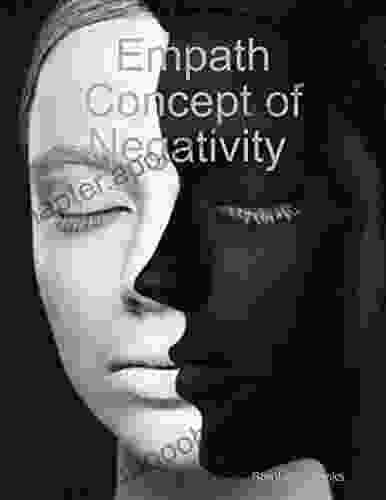
 Cristian CoxUnveiling the Empath's Journey Through Negativity: A Comprehensive Review of...
Cristian CoxUnveiling the Empath's Journey Through Negativity: A Comprehensive Review of...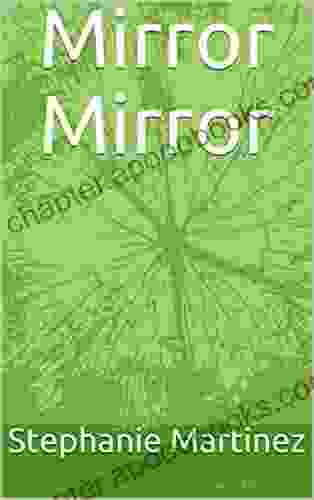
 Brett SimmonsMirror Mirror by Lisa Shea: A Captivating Exploration of Longing, Identity,...
Brett SimmonsMirror Mirror by Lisa Shea: A Captivating Exploration of Longing, Identity,... David PetersonFollow ·14.3k
David PetersonFollow ·14.3k Douglas FosterFollow ·18k
Douglas FosterFollow ·18k Kenzaburō ŌeFollow ·18.9k
Kenzaburō ŌeFollow ·18.9k Jules VerneFollow ·12.7k
Jules VerneFollow ·12.7k Walt WhitmanFollow ·7k
Walt WhitmanFollow ·7k Terry PratchettFollow ·8.3k
Terry PratchettFollow ·8.3k Henry HayesFollow ·11.6k
Henry HayesFollow ·11.6k Roy BellFollow ·3.5k
Roy BellFollow ·3.5k

 W.H. Auden
W.H. AudenTerrorist Events Worldwide 2024: A Comprehensive Guide to...
Terrorism is a global threat that affects...
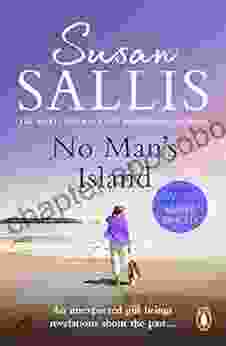
 Carson Blair
Carson BlairBeautifully Uplifting And Enchanting Novel Set In The...
Set in the beautiful West Country, this...

 Jeffrey Cox
Jeffrey CoxAn Utterly Captivating and Uplifting Story of One Woman's...
Immerse yourself in an extraordinary...

 Greg Foster
Greg FosterEngaging the Issues Through the Politics of Compassion
: The Power of...


